
Guide To Choosing The Right Dental Loupes

When it comes to dentistry, there really is no room for error, so precision is absolutely crucial. This is why dentists are kitted out with an arsenal of tools to help them perform their treatments with as much precision as possible.
One of those tools is dental loupes, which have become an indispensable piece of equipment for dental professionals as they offer magnification and enhanced vision during procedures.
But with a variety of options available, choosing the right loupes can be a daunting task. In this guide, we'll explore the key factors you should consider when selecting the ideal dental loupes for your practice.
Magnification Matters
One of the most important considerations to make when choosing loupes is the level of magnification. Common magnification levels range from 2.5x to 4.5x, although some go as high as 8.0x.
Low Magnification (2.5x to 3.5x): These loupes offer a wider field of view, making them suitable for general examinations and procedures. They’re also a good choice if you're new to loupes.
Medium Magnification (3.5x to 4.0x): Ideal for a wide range of dental procedures, these loupes provide a good balance between magnification and field of view.
High Magnification (4.0x to 4.5x+): If you regularly perform intricate or microsurgical procedures, high magnification loupes provide exceptional detail but offer a narrower field of view.
Ultimately, the right magnification power depends on the type of procedures you perform, as well as your personal needs and preferences.
Find Your Working Distance
Working distance is the space between your eyes and the area you are examining or treating. It's crucial to choose loupes with an appropriate working distance to ensure both comfort and efficiency.
Short Working Distance: Ideal for clinicians who work in a confined space or require closer proximity to the patient's oral cavity.
Regular Working Distance: Suitable for general dentistry and a range of procedures.
Long Working Distance: Recommended for procedures that require a bit more distance between you and the patient, such as oral surgery.
Frame Styles And Comfort
The frame style of your loupes is not only a matter of personal preference but also one of comfort. Here are the options you’ll usually find when you’re searching for loupes and we’ll also explain what you can expect from each type:
Through-the-Lens (TTL)
TTL loupes are integrated into the frame and offer a streamlined, lightweight design. They provide a wide field of view and are convenient for extended use.
Flip-Up Loupes
These loupes can be flipped up when not in use, allowing you to switch between magnified and normal vision quickly. They offer flexibility but can be slightly heavier.
Headband-Mounted Loupes
These loupes are attached to a headband and can be worn over prescription glasses. They provide an excellent field of view and can be adjusted for a comfortable fit.
Consider LED
Many loupes come with integrated LED lights, providing additional illumination during procedures. Illuminated loupes are beneficial when you need to work in low-light conditions or you require enhanced visibility.
Being able to control the brightness is important as some treatments may require more light than others, so be sure to opt for loupes that allow you to adjust the light source.
Quality And Durability
Invest in loupes from reputable manufacturers known for their quality and durability. Loupes need to withstand the demands of daily clinical use so check for warranties and consider user reviews and recommendations.
Weight and Balance
Consider the weight and balance of the loupes. Lightweight loupes are generally better for extended use, whereas bulkier ones may start to become uncomfortable..
Another thing to consider is the loupes' weight distribution so make sure it’s balanced to prevent neck and back strain.
Cost And Budget
Clearly, you’ll want to invest in some good-quality loupes to help you carry out your treatments as effectively as possible. Having said that, you may be working to a budget, in which case getting the best value for your money is crucial.
Consider your budget constraints and weigh the features and benefits of loupes against their cost, which should help you strike the right balance between quality and affordability. And be vigilant when purchasing your equipment as the market is awash with counterfeit goods.
So those are the main points to consider when you’re purchasing dental loupes. The magnification, comfort and cost, as well as the weight of the loupes can make all the difference, so bear all this in mind when you purchase your next pair.

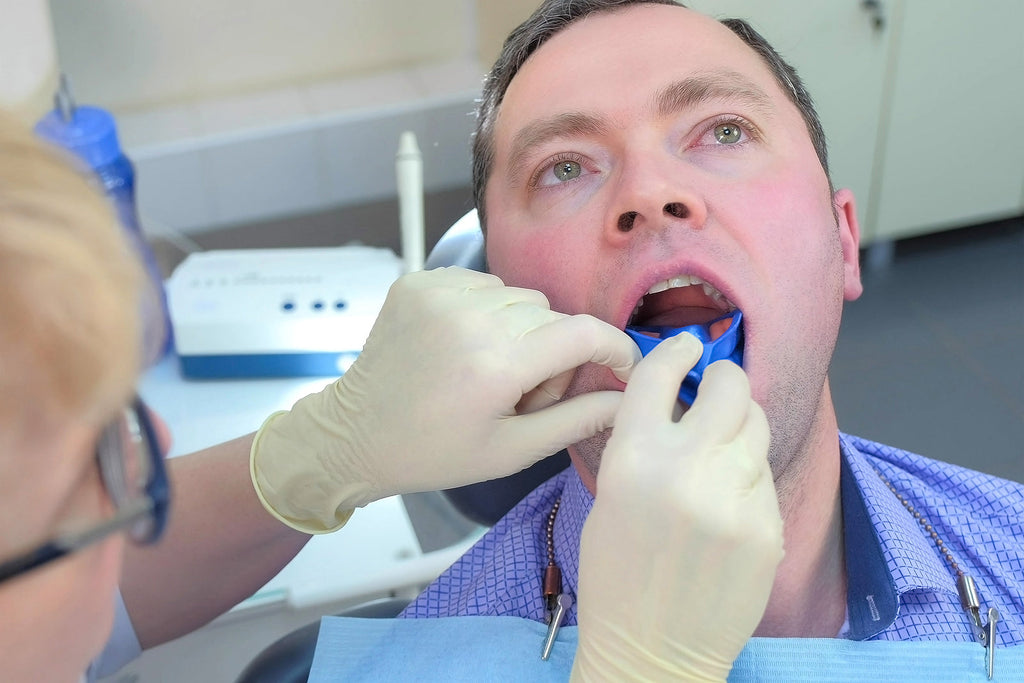
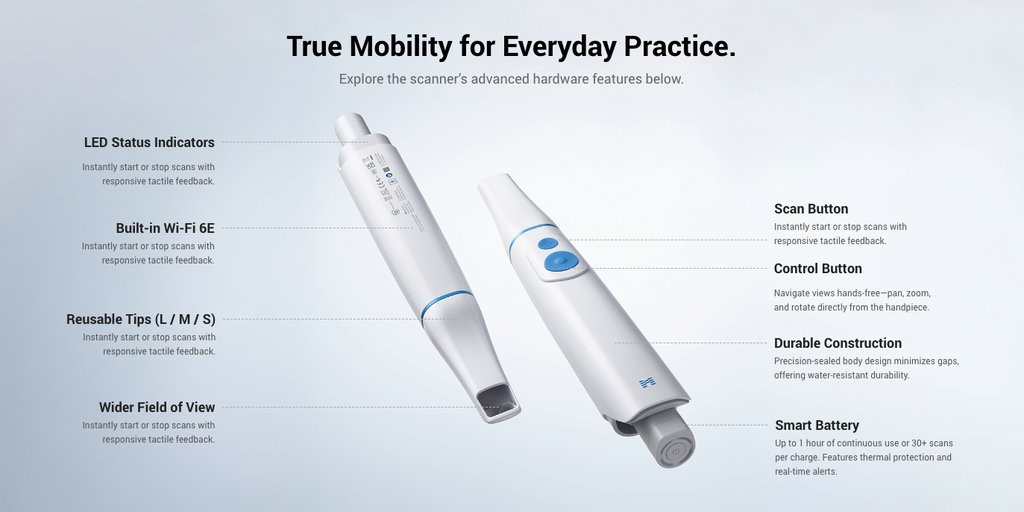



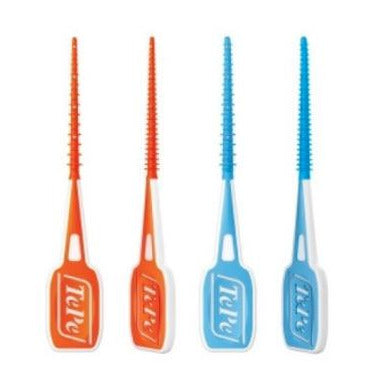
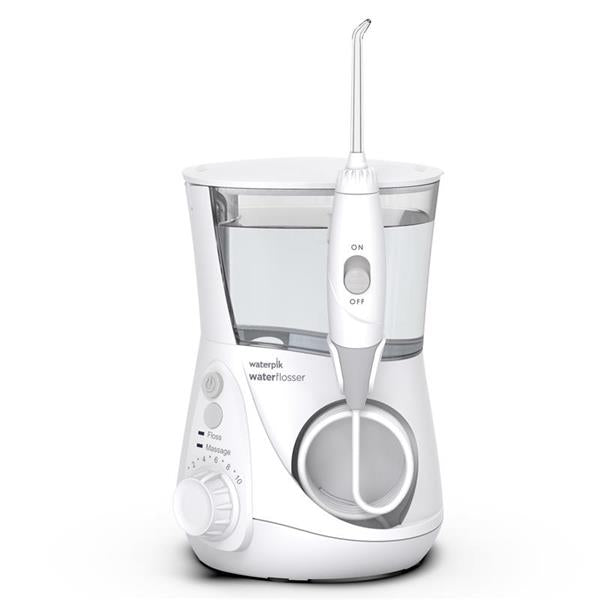
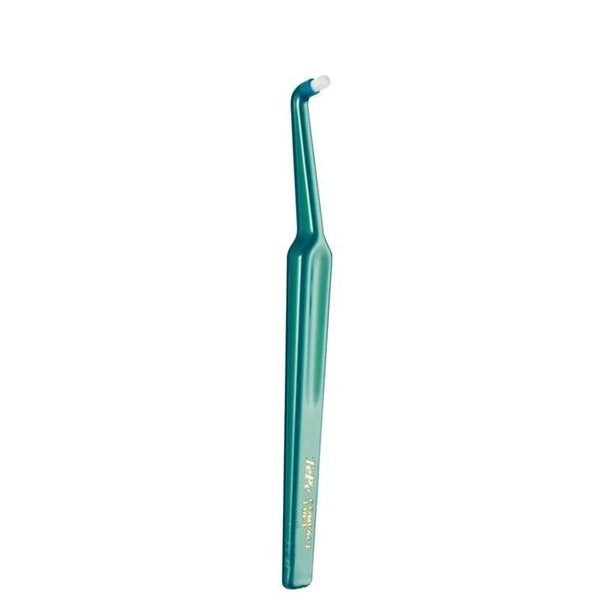
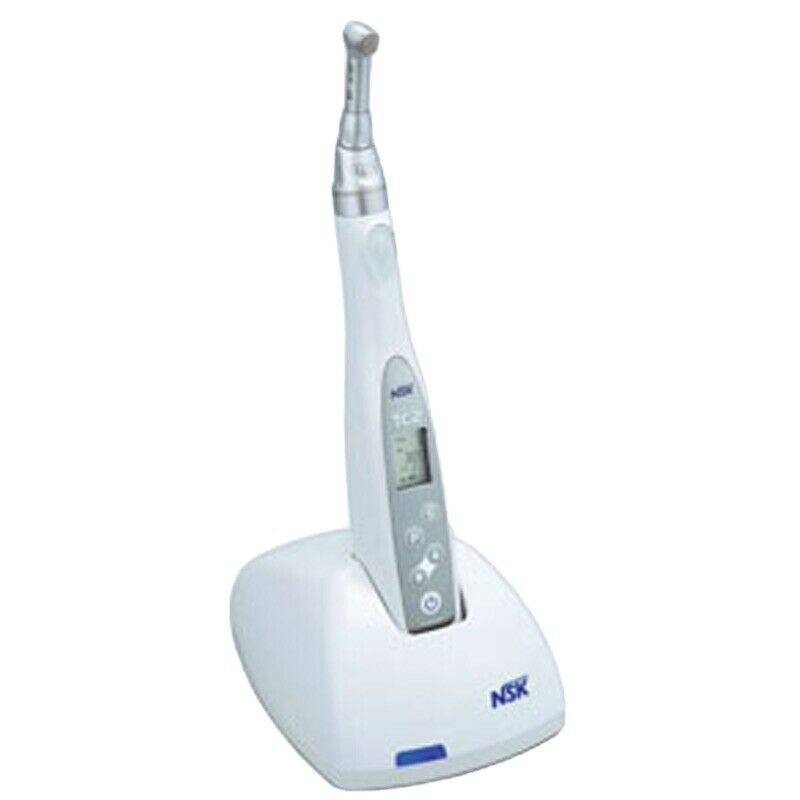
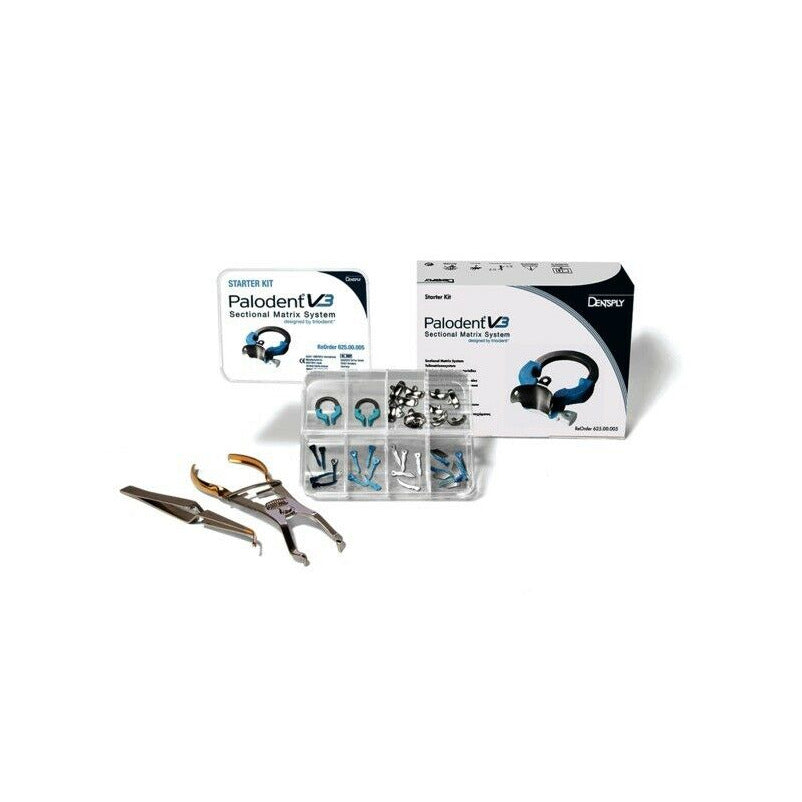
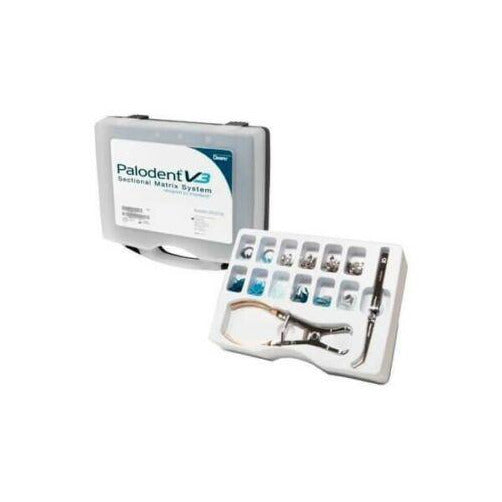
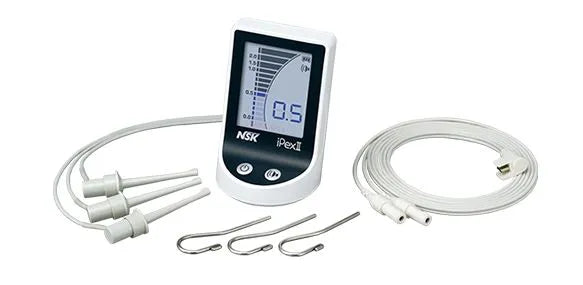


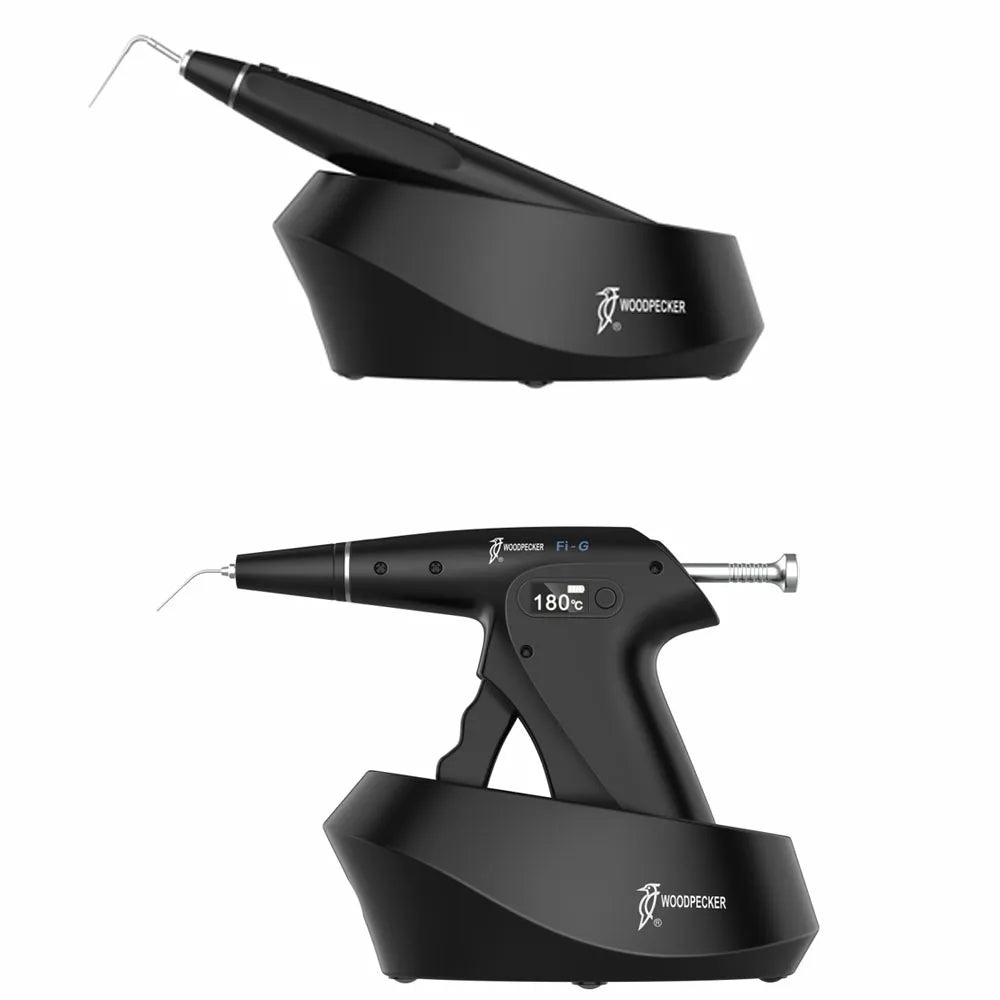
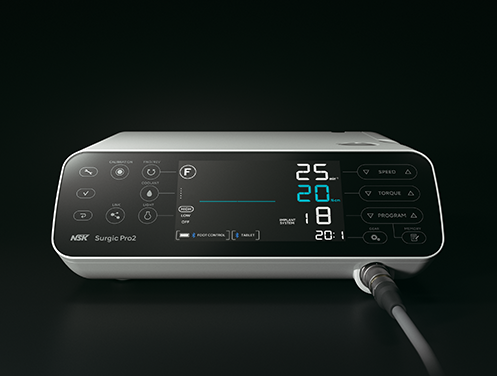
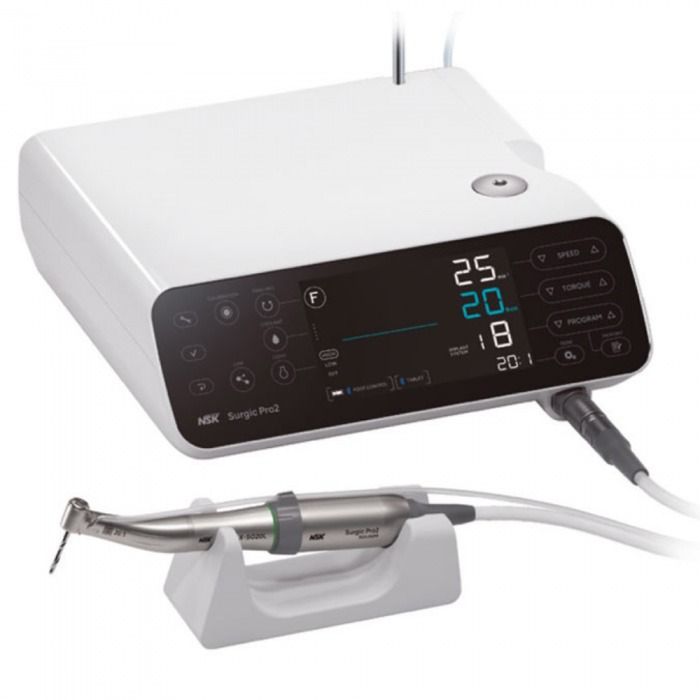

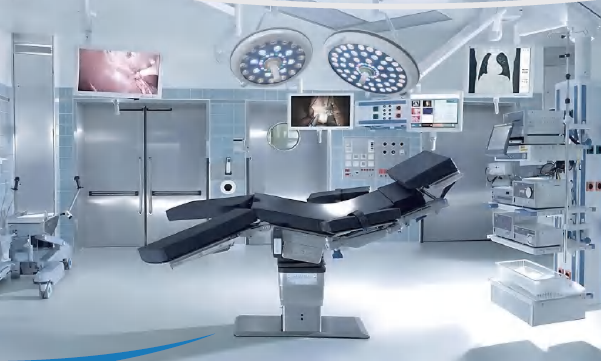
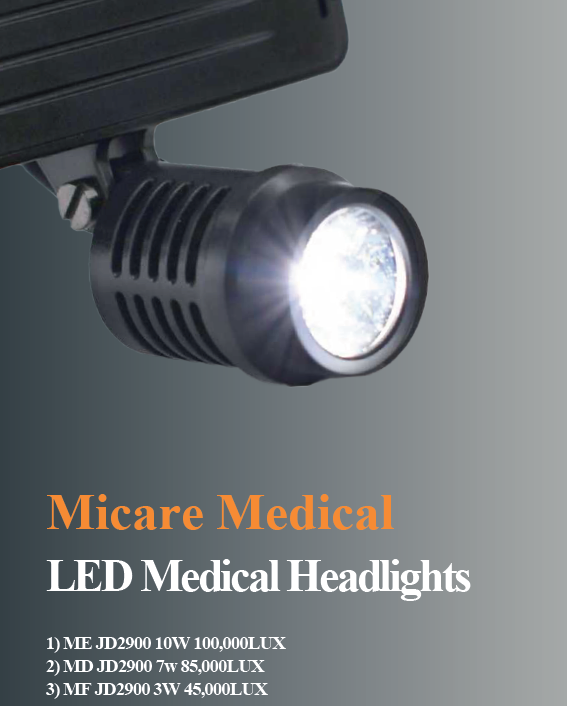
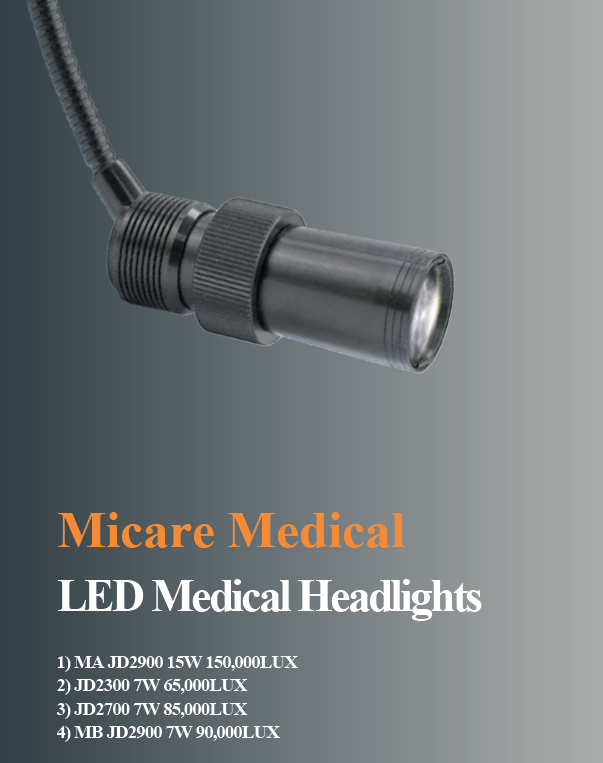
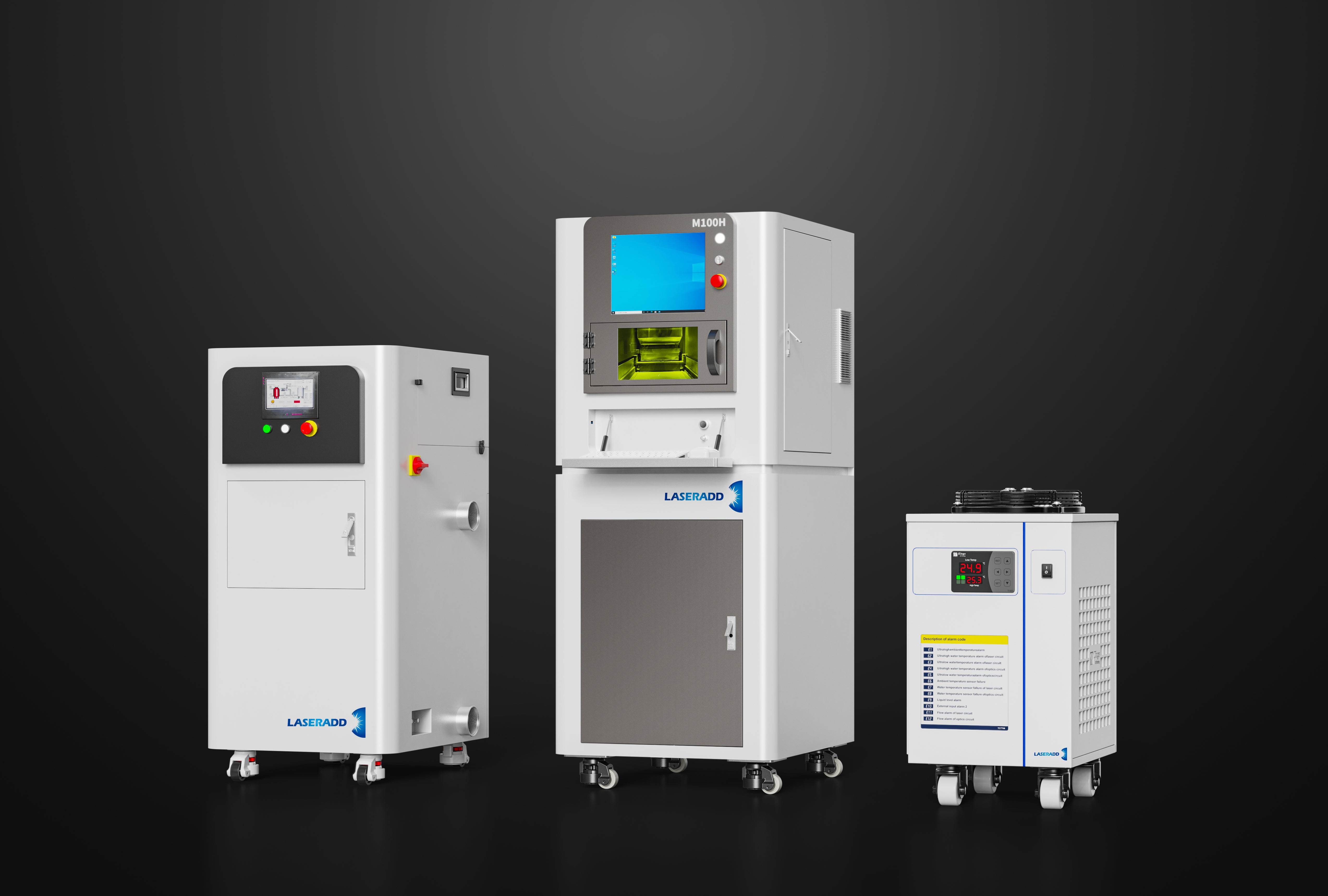


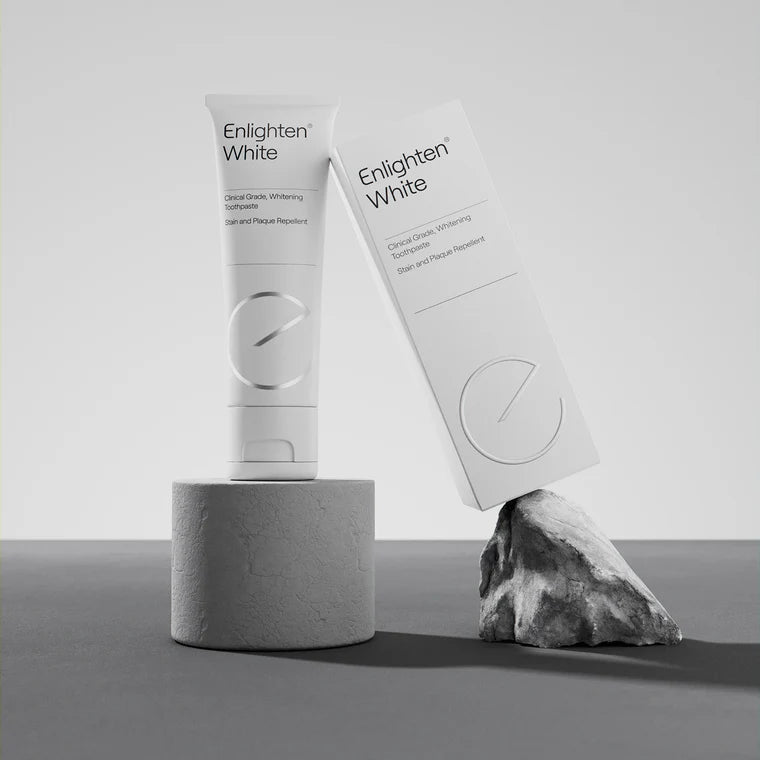
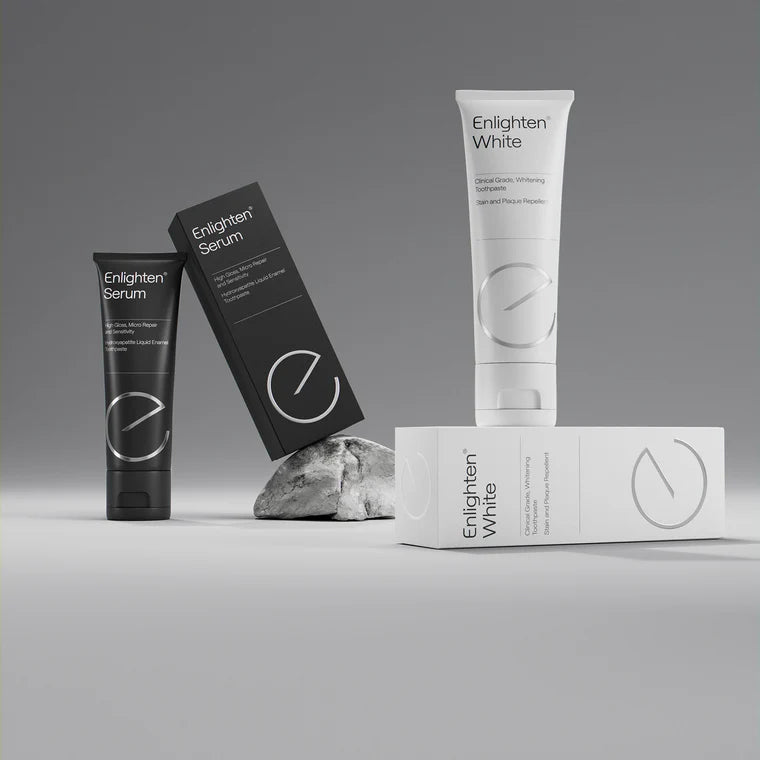
 Whatsapp us!
Whatsapp us!